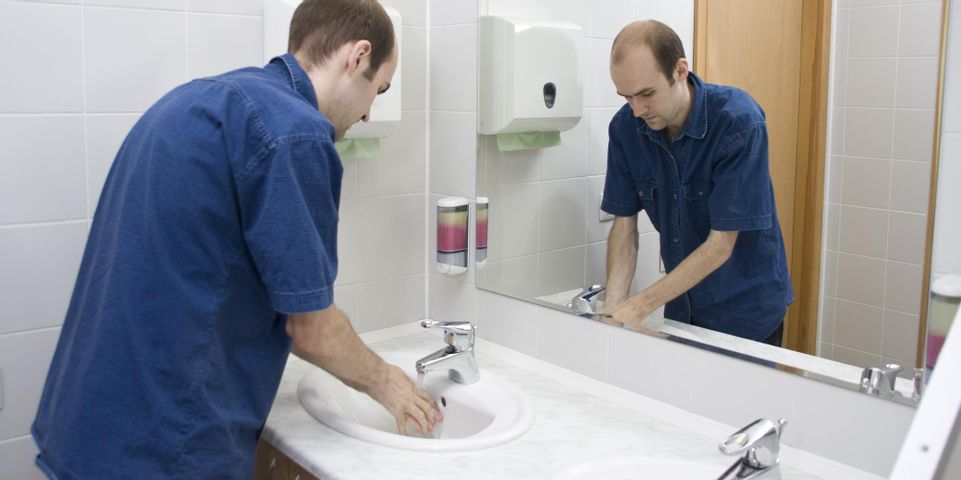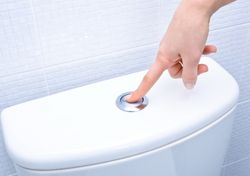
If you’ve experienced an increasing need to urinate, you may be suffering from a condition known as overactive bladder or OAB. Estimated to affect 30% of men and 40% of women in the U.S., this condition is incredibly common. With help from a trusted urology specialist, this issue can be managed effectively. If you’re concerned about your urinary habits, here is what you should know about this condition and how to treat it.
A Guide to Overactive Bladder
Why Does It Happen?
Chronic OAB typically occurs due to issues that cause bladder muscles to contract involuntarily, even when the bladder is empty. For example, this irregular muscle contraction may occur as the result of untreated diabetes, neurological disorders, enlarged prostate, hormonal changes, and bladder stones.
Other cases may occur due to more temporary circumstances—such as consuming too much fluid, taking medications that stimulate urine production, having a urinary tract infection, or drinking caffeine.
What Are the Signs?
 A sudden need to use the bathroom is the tell-tale sign of OAB. This urge often feels uncontrollable and may be followed by leakage. You might also notice that you’re urinating eight or more times during the day, as well as twice or more during the night.
A sudden need to use the bathroom is the tell-tale sign of OAB. This urge often feels uncontrollable and may be followed by leakage. You might also notice that you’re urinating eight or more times during the day, as well as twice or more during the night.
The only way to be sure if you have an overactive bladder is to visit a urology specialist for a thorough evaluation. Usually, this condition can be diagnosed through a combination of urine samples, ultrasound scans of the bladder, and physical exams.
How Is It Treated?
If OAB is related to another condition—such as a UTI or diabetes—treating the underlying problem will often resolve bladder control concerns. If a certain medication is behind the issue, alternative treatments may be considered to relieve urinary side effects. Pelvic floor exercises can gradually tighten muscles to give you more control over urination. Dietary changes may also help reduce urinary stress.
In more advanced cases, medications may be prescribed that help regulate bladder control. If medications aren’t effective, several surgical procedures may relieve symptoms. These procedures include cystoplasty to enlarge the bladder or sacral nerve stimulation to refine muscle control.
Don’t let OAB overwhelm your daily life. Instead, turn to Dr. Richard Puschinsky at Medical Center Urology in High Point, NC. As an experienced urinary specialist, Dr. Puschinsky can accurately diagnose OAB, as well as other forms of incontinence. With compassion and confidentiality, this provider will introduce you to effective treatment options that can help you regain control and independence. To learn more about these personalized services, visit this urology clinic online. For appointments, call (336) 882-0220.
About the Business
Have a question? Ask the experts!
Send your question

